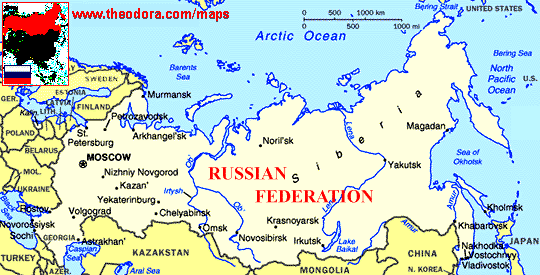
Across the Black Sea


I first met Mikhail Antonenko, or
as we later called him Misha, in the fall semester of high school in 1996. He
was living with a friend of mine as a foreign exchange student during his senior
year of high school and my junior year at Greenway High School. Although he
lived with a close friend of mine, we did not spend much time with him in the
beginning. He didn’t socialize much that first year he was in the United
States. The exchange agency that sent him over placed strict rules and a curfew
and if any of the rules were broken while finishing high school he would be sent
home.
As Misha was sitting on the couch
playing a video game that simulated the Viet Nam war he said his main reason for
coming to the United States was because he “didn’t want to be in the military.”
In Rostav, located about 120 miles east of the Black Sea in Russia, at the age
of 18 all men are drafted to serve in the military for two years. “I didn’t
want to waste two years of my life,” he said. So Misha entered a contest in
which only six people out of 1,000 entrants would be selected to enter into a
foreign exchange program. The contest consisted of three rounds. He first had
to take a multiple choice test, second he had to write an essay, and finally was
an interview process. He completed all three rounds successfully and had
several options to where he would study. The United States was his first choice
because he knew the language and history. Misha also felt that the traditions
and culture in the United States were closer to that of Rostav.
www.cia.gov

In Rostav there is a high
unemployment rate. “Many people in Rostav go through high school and college,
but there are not enough jobs for the highly educated,” said Misha. When he
came to the United States he was actually farther ahead than other students his
age. He only needed to complete a few classes and graduated at 16 years old.
He has been attending classes at Glendale Community College and has complete all
of his requirements. The money he is receiving from his dad is barely enough to
pay his bills and so moving on to Arizona State University isn’t an option at
this point. He has a visa to be living in the United States, but he doesn’t
have a work permit currently. He has recently applied for a work permit and
hopes to receive it within the next few weeks. Once he gets that he has a job
lined up at Best Buy through a friend of ours. Once he is able to have an
income plus his dad’s contribution he will be able to continue his education.
“I would probably be working with
my dad if I were still in Russia,” Misha said when I asked him what he would be
doing if his exchange parents didn’t let him stay with them after he graduated
from high school. Misha was a single child and his parents got divorced when he
was 10 years old. His dad has several businesses ranging from repairing
agricultural equipment to a realty agent. Many of his businesses are cyclical,
however he keeps busy and leads a prosperous life in Rostov. Misha was “an
outdoors kid” back home. He played a lot of sports and went swimming and hiking
a great deal. He was involved in basketball and track while in high school in
the United States as well. These activities gave him some connection with home.
Although Misha hasn’t been home in
two or three years he still talks to his parents at least once a week. “It’s
hard for both my parents and me,” said Misha. He would like to return to see
his parents more often, but between money and the difficulty involved in
traveling overseas he’s happy to be able to talk to his family on a regular
basis. On his last visit he did not even know if he would be able to return to
the United States. There was a mix up of his visa and with all the governmental
red tape a month long trip turned into being stuck there for nearly nine months.

Misha’s eight years in the United
States has been very rewarding and a great leaning experience. Although he
could speak the language there were certain slang words that gave him a lot of
trouble. Misha said “the word ‘stuff’ was the hardest because it is used for
everything.” Another lesson he learned was through his exchange parents. He
said the plumbing system in Rostav is different than that of the United States.
Therefore, he did not know to flush the toilet paper down the drain. Instead he
threw it in the garbage. He also brought up how there is nowhere near as much
spontaneity and public parties in the United States. “In Rostav we have parties
for the normal holidays, but the streets will be closed down randomly for no
special reason and bands will come and play,” Misha said. Misha doesn’t know
where his future will take him just yet, but his first goal is to finish what he
came to the United States for in the first place, school.
Sam Haldiman